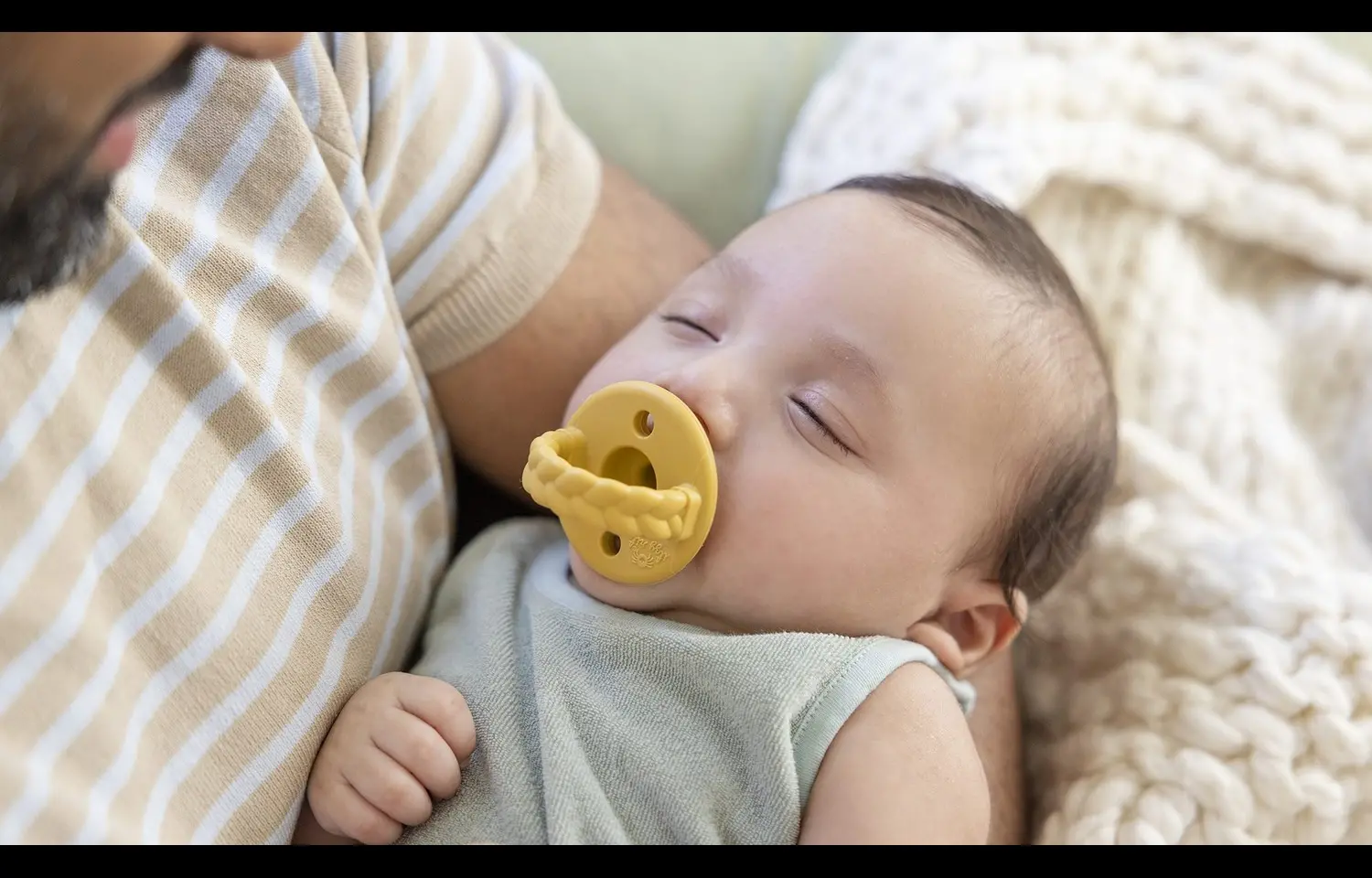- Home
- Medical news & Guidelines
- Anesthesiology
- Cardiology and CTVS
- Critical Care
- Dentistry
- Dermatology
- Diabetes and Endocrinology
- ENT
- Gastroenterology
- Medicine
- Nephrology
- Neurology
- Obstretics-Gynaecology
- Oncology
- Ophthalmology
- Orthopaedics
- Pediatrics-Neonatology
- Psychiatry
- Pulmonology
- Radiology
- Surgery
- Urology
- Laboratory Medicine
- Diet
- Nursing
- Paramedical
- Physiotherapy
- Health news
- Fact Check
- Bone Health Fact Check
- Brain Health Fact Check
- Cancer Related Fact Check
- Child Care Fact Check
- Dental and oral health fact check
- Diabetes and metabolic health fact check
- Diet and Nutrition Fact Check
- Eye and ENT Care Fact Check
- Fitness fact check
- Gut health fact check
- Heart health fact check
- Kidney health fact check
- Medical education fact check
- Men's health fact check
- Respiratory fact check
- Skin and hair care fact check
- Vaccine and Immunization fact check
- Women's health fact check
- AYUSH
- State News
- Andaman and Nicobar Islands
- Andhra Pradesh
- Arunachal Pradesh
- Assam
- Bihar
- Chandigarh
- Chattisgarh
- Dadra and Nagar Haveli
- Daman and Diu
- Delhi
- Goa
- Gujarat
- Haryana
- Himachal Pradesh
- Jammu & Kashmir
- Jharkhand
- Karnataka
- Kerala
- Ladakh
- Lakshadweep
- Madhya Pradesh
- Maharashtra
- Manipur
- Meghalaya
- Mizoram
- Nagaland
- Odisha
- Puducherry
- Punjab
- Rajasthan
- Sikkim
- Tamil Nadu
- Telangana
- Tripura
- Uttar Pradesh
- Uttrakhand
- West Bengal
- Medical Education
- Industry
Low Birth Weight, Shorter Breastfeeding, and Pacifier Use Linked to Childhood Bruxism: Study

A new prospective cohort study has found that children born with low birth weight face an elevated risk of developing bruxism, a condition marked by teeth grinding or clenching during childhood.
The findings indicate that while low birth weight itself heightens susceptibility, the relationship is not explained by exclusive breastfeeding, pacifier use, or mental health issues. Instead, shorter durations of breastfeeding and regular pacifier use were shown to independently increase the risk of bruxism, underscoring the importance of both prenatal and early postnatal care in safeguarding oral and developmental health.
Researchers highlighted that early-life oral behaviors can play a pivotal role in shaping dental and functional outcomes. Exclusive breastfeeding for at least six months was associated with a lower incidence of bruxism, supporting its protective benefits beyond nutrition and immunity.
On the other hand, pacifier use emerged as a strong contributor, possibly due to the repetitive non-nutritive sucking habit that interferes with normal oral development and jaw function. The absence of a strong association with mental health difficulties suggests that childhood bruxism is more closely tied to biological and environmental conditions from infancy rather than emotional or behavioral distress.
The study emphasizes preventive strategies that begin before birth and continue through early childhood. Ensuring proper prenatal care can help reduce the prevalence of low birth weight, a significant starting point in lowering bruxism risk. Health professionals and caregivers are encouraged to promote exclusive breastfeeding for at least six months and discourage pacifier use to support healthy oral growth.
These measures may help reduce the burden of childhood bruxism, which can otherwise lead to dental wear, temporomandibular discomfort, and other complications later in life. Overall, the findings highlight the interconnected influence of perinatal health, infant feeding practices, and early oral habits on long-term well-being, providing valuable insights for pediatric and public health strategies.
Reference
E. B. A. F. Thomaz, E. M. Costa, É. M. Valois, et al., “Low Birth Weight and Bruxism Among Brazilian Children: A Prospective Cohort Study,” Journal of Oral Rehabilitation (2025): 1–9. https://doi.org/10.1111/joor.70043
Dr. Shravani Dali has completed her BDS from Pravara institute of medical sciences, loni. Following which she extensively worked in the healthcare sector for 2+ years. She has been actively involved in writing blogs in field of health and wellness. Currently she is pursuing her Masters of public health-health administration from Tata institute of social sciences. She can be contacted at editorial@medicaldialogues.in.
Dr Kamal Kant Kohli-MBBS, DTCD- a chest specialist with more than 30 years of practice and a flair for writing clinical articles, Dr Kamal Kant Kohli joined Medical Dialogues as a Chief Editor of Medical News. Besides writing articles, as an editor, he proofreads and verifies all the medical content published on Medical Dialogues including those coming from journals, studies,medical conferences,guidelines etc. Email: drkohli@medicaldialogues.in. Contact no. 011-43720751


